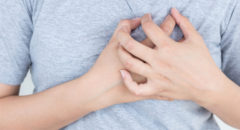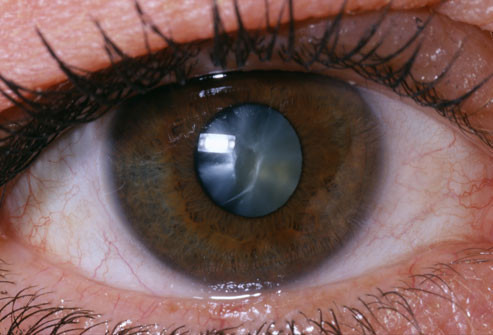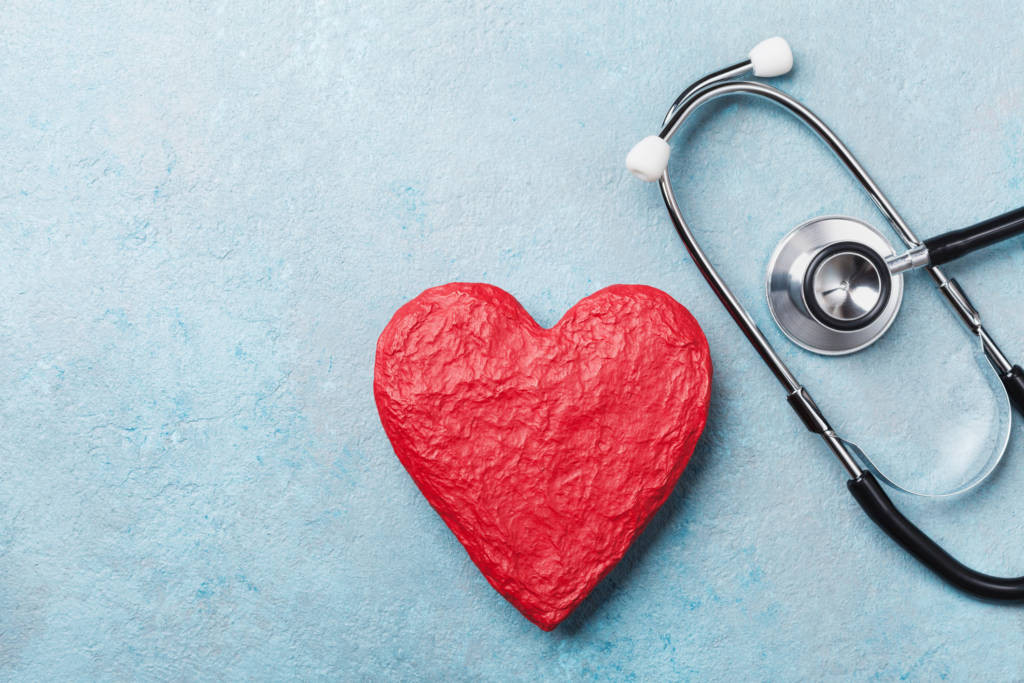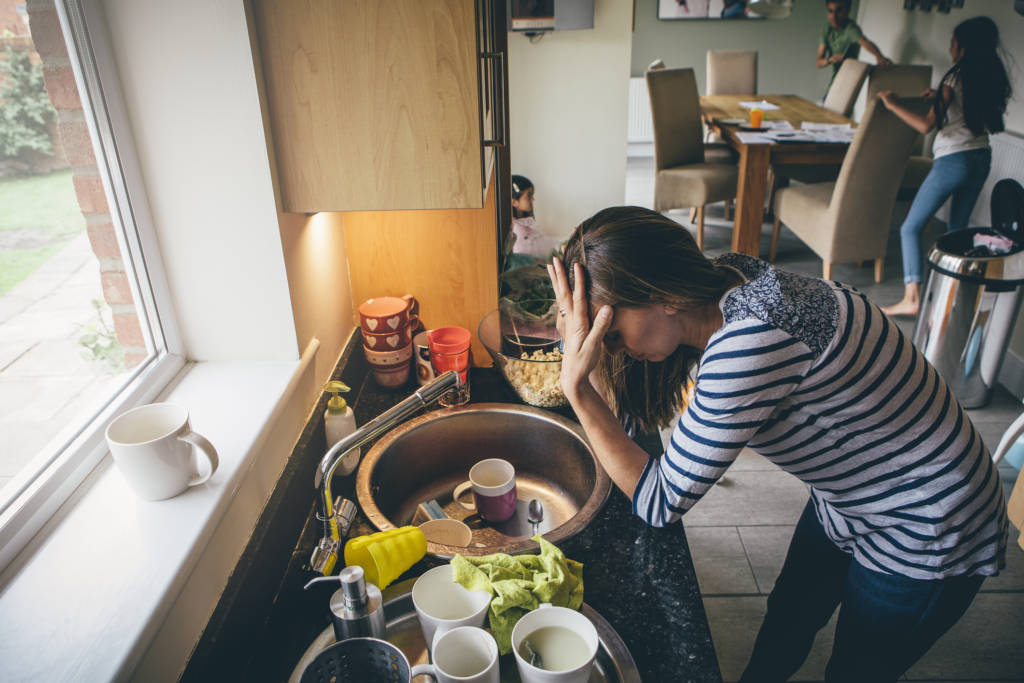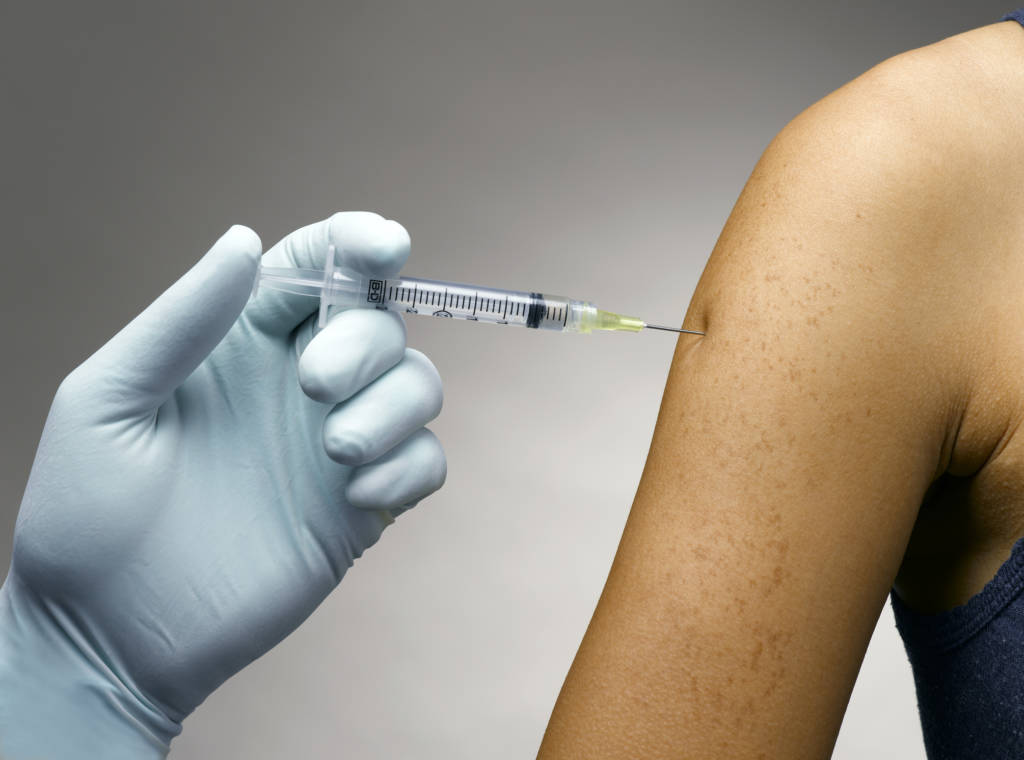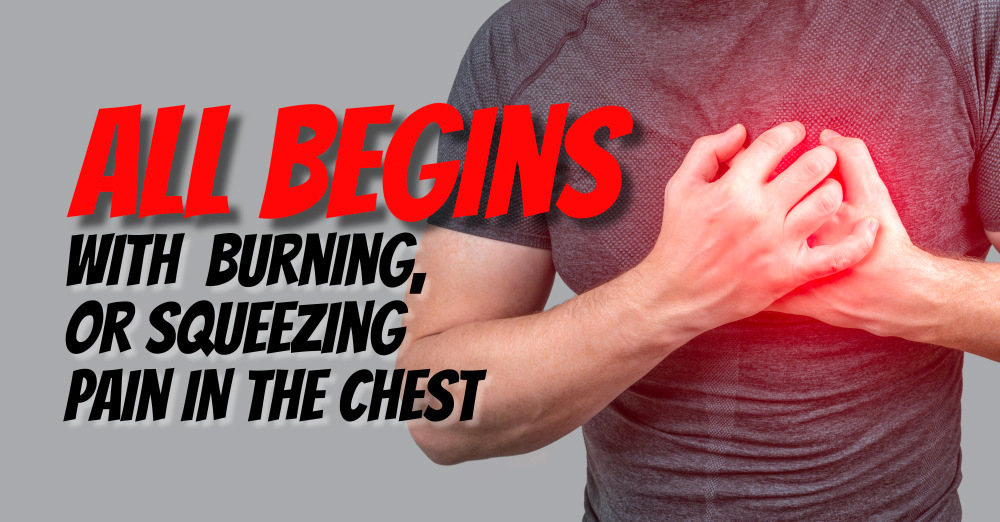
There is no straightforward response to the question at hand, as it varies based on individual factors such as age, health status, and the availability of medical treatment. The answer for 65-year-old Maria, who suffered a heart attack two years ago, is “two.” Although she survived her first heart attack thanks to rapid medical intervention and appropriate treatment, her second heart attack proved fatal. The answer is different for Antonio, 50, who suffered “three” heart attacks in five years. Thanks to a healthy lifestyle and regular medical treatment, he has managed to survive and continue to lead an active and fulfilling life.
My father was a strong, hard-working man, but everything changed when he had his first heart attack. It was a challenging time for the whole family, but thanks to the quick action of the doctors, my father survived. After his recovery, a sense of fear was always in the air. Everyone in the family knew the possibility of another heart attack was genuine.
Unfortunately, that possibility became “three” times more. Clinging to life with all his might, he never lost his smile or his spirit for life. After several years of battling his heart, my father received the news that he had cancer. It was a terrible blow to the family. In the end, the cancer killed him, not the heart.
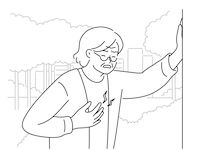
Dr. Saguer was reviewing medical records when he found a new patient with an alarming medical history. The doctor read, “John Rodriguez, 75, has suffered six heart attacks in the past ten years.” The doctor frowned and wondered how anyone could have survived many heart attacks. Upon John’s arrival in the office, Dr. Saguer encountered a resilient and robust individual with outstanding physical fitness who had taken on a healthy lifestyle after his initial heart attack.
✔️ How many heart attacks are fatal? According to doctors, one in three heart attacks is fatal. The chance of survival is always greater with immediate clinical action.
✔️ When do heart attacks occur most often? Heart attacks occur most frequently between 6 a.m. and noon. Cardiovascular diseases like cardiac arrhythmias and sudden cardiac death have a daily pattern, with a high frequency of occurrence in the morning.
✔️ Can you survive an untreated heart attack? Muscle tissue dies, and heart function is no longer 100 guaranteed. About 20 percent of patients die after an untreated heart attack from the consequences of cardiac arrhythmias.
✔️ How long does the pain of a heart attack last? In most cases, a heart attack has the following complaints: severe pressure and tense, or burning pain in the chest (lasting more than 15 minutes), combined with shortness of breath and fear of death. A heart attack begins suddenly with burning, or squeezing pain in the chest. But they can also come on slowly. The pain lasts more than five minutes and does not improve at rest.



